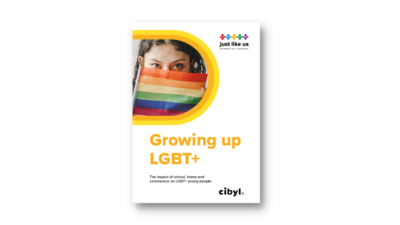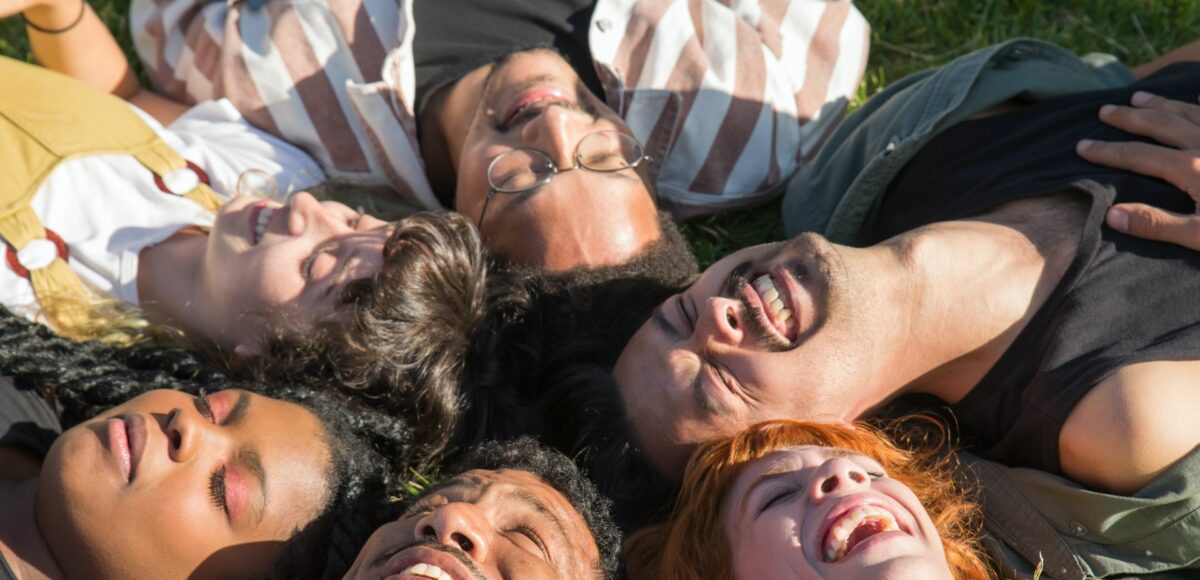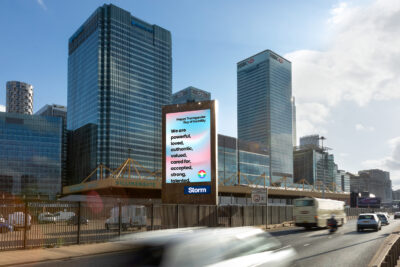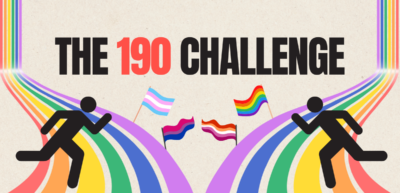
Asexual Awareness Day: A quarter of asexual young adults feel excluded from the LGBT+ community
News

More than a quarter (27%) of young asexual adults ‘rarely’ or ‘never’ feel part of the LGBT+ community, according to new research by Just Like Us, the LGBT+ young people’s charity.
Asexual young adults were most likely of LGBT+ people surveyed to say they do not feel part of the LGBT+ community (apart from those questioning their sexual orientation or gender identity).
In Just Like Us’ independently conducted survey of 3,695 young people aged 18 to 25, just a third (30%) of asexual young adults said they ‘always’ feel a part of the LGBT+ community. Another third (30%) said that they only ‘sometimes’ feel a part of the community.
Almost one in five (18%) said they ‘rarely’ feel a part of the LGBT+ community, while almost one in 10 (9%) said that they ‘never’ feel this way.
Conversely, non-binary young adults were most likely of all LGBT+ identities to say that they felt included in the LGBT+ community. 56% said they ‘always’ felt a part of the community, and 31% said they felt part of the community ‘sometimes’. One in 20 (5%) said they ‘rarely’ felt this way, and just 3% said they ‘never’ felt this way.
Asexual people of colour are more likely to feel excluded
Asexual young adults of colour were more likely to feel excluded from the LGBT+ community than their white counterparts.
“We can see a wider pattern here of LGBT+ people of colour feeling excluded from our community.”
– Amy Ashenden, Interim CEO
As many as 39% of asexual people of colour said they ‘rarely’ or ‘never’ felt part of the LGBT+ community, compared to 24% of white asexual young people.
The data forms part of a new report by Just Like Us (the LGBT+ young people’s charity) called Positive Futures, due to be published on 1 June. Just Like Us’ research was carried out independently by Cibyl in January 2023.
The report will look at the experiences of LGBT+ young adults in the UK, covering a range of topics from their wellbeing, home life and time in school to their experiences in the world of work, as well as taking into account intersections like faith, race and disability.
“I hope that this research makes clear the need for greater awareness of the lived experiences and realities of asexual people.”
– Amy Ashenden, Interim CEO
Amy Ashenden, interim CEO of Just Like Us, the LGBT+ young people’s charity, said: “Sadly, we can see that asexual young adults are feeling excluded from the wider LGBT+ community.
“I hope that this research makes clear the need for greater awareness of the lived experiences and realities of asexual people, especially as we can see a wider pattern here of LGBT+ people of colour feeling excluded from our community.
“We know that the best way for LGBT+ young people to feel less alone is through inclusive education in schools. We invite all schools to take part in School Diversity Week this 26-30 June to send a positive message of acceptance to their young people who may be LGBT+ or have LGBT+ families.”

